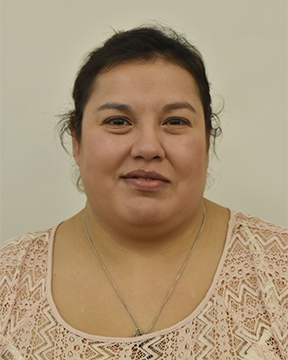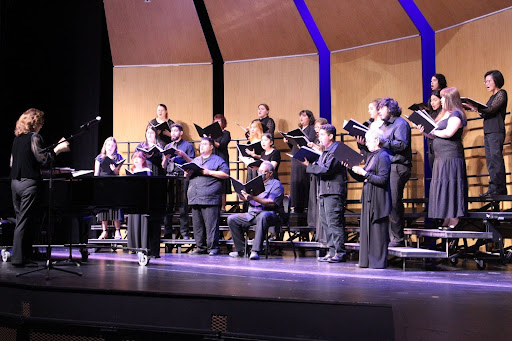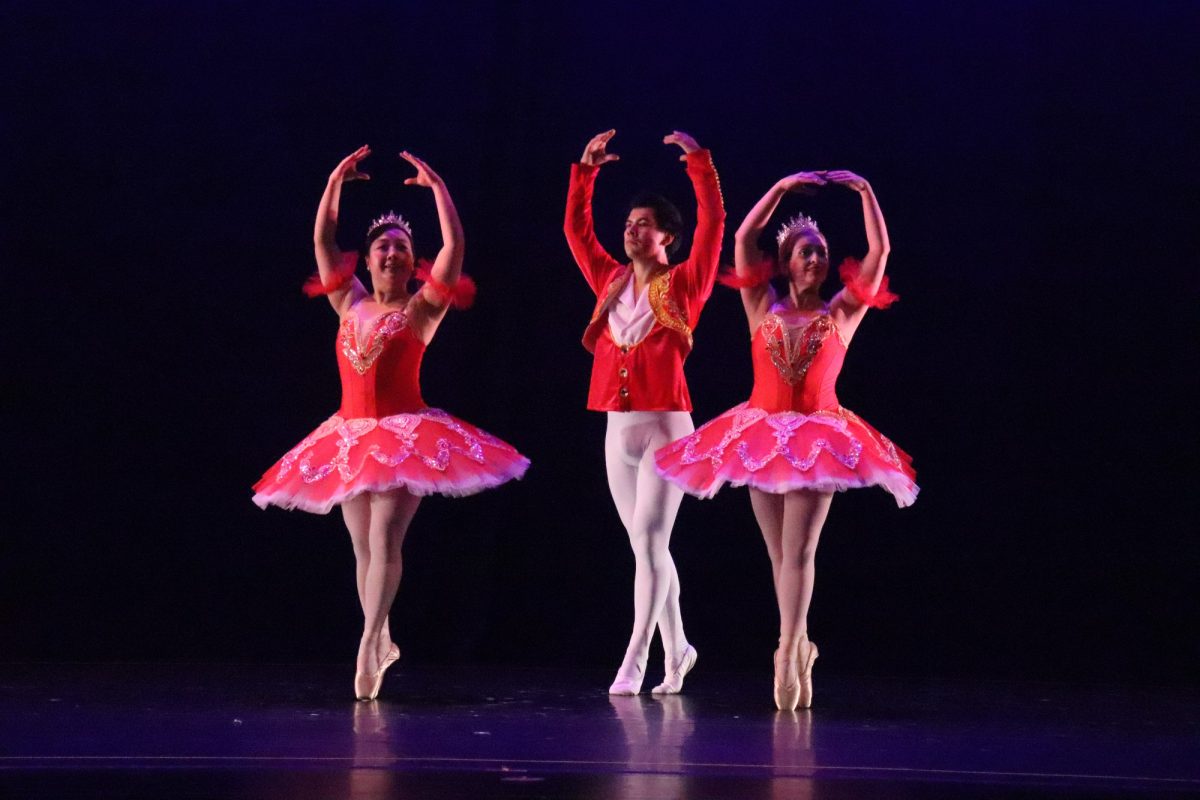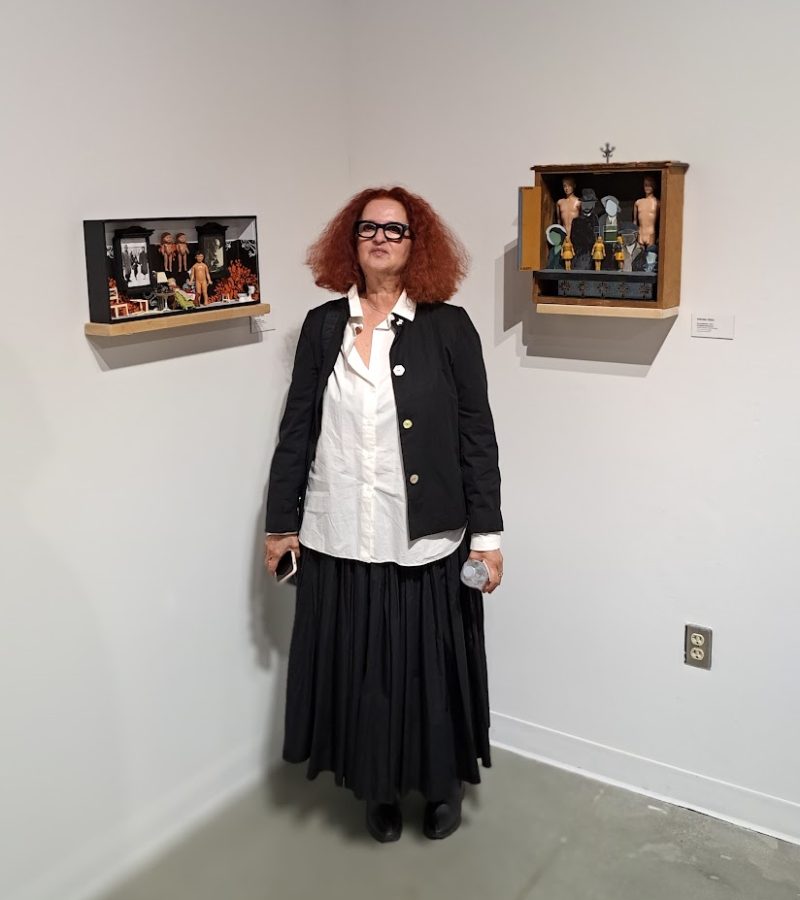With only six weeks to prepare, the cast and director are working hard to bring the world premiere of Diane Arnson Svarlien’s translation of the classic Greek play, The Trojan Women, to modern times.
The Trojan Women is a play written by Greek playwright Euripides in 415 B.C.
It is set after the Greeks won the Trojan War by entering the city hidden in a giant wooden horse. In the play, the war is lost, the kings are dead and the women of Troy are held captive awaiting their fate.
The play is a tragedy focusing on the aftermath of war, and what happens to the women of Troy. More precisely, it focuses on the now captive Queen of Troy, Hecuba, and the time she spends waiting to be boarded on a ship to be sent off as a slave along with the other women of Troy.
For Director C. Julian White, this is, “A play about women being taken away at the end of the war; the men and the boys have been killed, and the women are waiting their destiny.”
He added, “This play comes from the perspective of the conquered, therefore a women’s perspective what it is like to be ripped away from your culture; your men, your boys, the place you call home.”
With that in mind, it was important to have the translation of the text to be written by a woman.
That woman is Diane Arnson Svarlien, who in her book “Euripides” translates Andromache, Hecuba and Trojan Women. This would be the first time her version will be performed since publishing her translation of the play in 2012.
Even though the play was written in 415 B.C., White sees war as a constant throughout history. He surprised the cast by modernizing the play and having it set in Afghanistan after a city invasion by the Taliban.
Actress Oralia Neria, who plays part of the chorus in the play, said, “The fact that we’re putting it (the play) in Afghanistan opens up our mind in to what that world is like. We did have to do research on that religion and the culture we learn and become more open minded.”
Gabrielle Gutierrez, who plays Hecuba, said, “There’s a quote that says ‘history is told by the winners not the losers,’ and this whole entire play is from the perspective of the conquered people, so you get to see how devastated they are and how war in general is not a pretty thing, and not a good thing any of it.”
The audience can expect a traditional Greek play with a lot of monologues and a small amount of singing, regarding the changes that where made.
White said, “We went straight through with some little cuts just to make it easier to go from scene to scene.”
The Trojan Women premieres Friday, Feb. 27, at 8 p.m.










